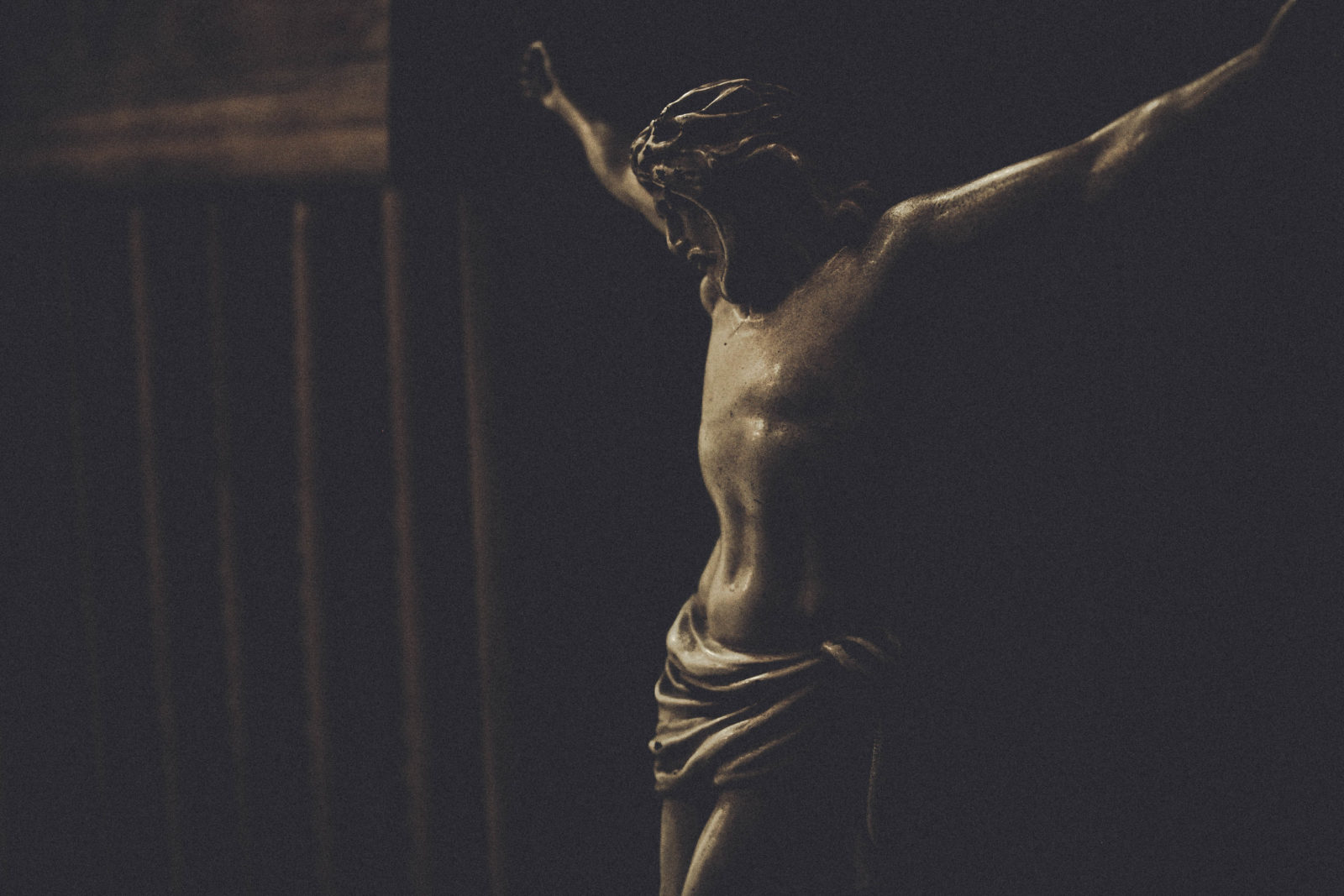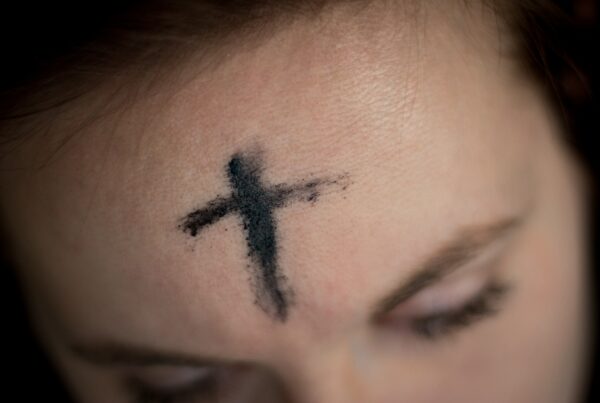O n Good Friday, the Friday before Easter Sunday, Christians remember Jesus Christ’s death on the cross as atonement for our sins. Good Friday is three days before Easter Sunday to represent the three days between Jesus’s death and his resurrection from the dead. Good Friday worship invites Christians to reflect on the suffering Christ went through for our sake by sacrificing his life for our sins. Reflecting on how much Christ suffered to pay for our sins deepens the joy and gratitude we feel for the gift of new life with Christ that we celebrate on Easter Sunday.
Observing Good Friday in worship
Tenebrae Service
From Latin, Tenebrae can be translated as “shadows,” “darkness,” “death,” or “night.” A Tenebrae service is one of the oldest traditions in the Christian church for the commemoration of the passion and death of Christ. Through Scripture readings and hymns, the story of Christ’s betrayal, trial, and crucifixion is told. As the Passion story unfolds, candles are extinguished, and the darkness deepens, until with the death of Christ, only one light is left burning. This light is removed from the sanctuary, symbolizing Christ’s three days in the tomb.
Tenebrae services can include stations of the cross, with each station representing an event from the final hours of Jesus’s earthly life. It is common for churches to hold Tenebrae services on Maundy Thursday, Good Friday, and/or Holy Saturday.
Solemn Reproaches of the Cross
The Solemn Reproaches are an ancient text of western Christendom associated with Good Friday and come at the conclusion of the service. They may also be incorporated at the end of Palm/Passion Sunday worship or the Maundy Thursday service. The reproaches follow the pattern of Psalm 78, which rehearses God’s continuing acts of faithfulness and Israel’s repeated rebellion. The words of the first reproach are:
O my people, O my church,
What have I done to you,
or in what have I offended you?
Testify against me.
I led you forth from the land of Egypt
and delivered you from the waters of baptism,
but you have prepared a cross for your Savior.
Each of the succeeding reproaches follows a similar pattern, calling to mind God’s saving acts and concluding with the same words: “but you have prepared a cross for your Savior.” Following each reproach the congregation responds with a prayer for mercy, either simply: “Lord have mercy upon us;” or the traditional Trisagion (“the thrice holy”): “Holy God, holy and mighty, Holy immortal One, have mercy upon us.”
The service may then conclude with an appropriate hymn or spiritual. The worshipers depart in silence.
–Adapted from text written by Rev. John Paarlberg
Good Friday Scripture readings
New Testament
- Matthew 27: 32-56
- John 18:1-19:42
- Hebrews 4:14-16; 5:7-9
- Hebrews 10:16-25
Old Testament
- Isaiah 52:13-53:12
- Psalm 22
Grace Ruiter co-founded Faithward and oversaw its growth from a small blog to a ministry that reaches 100,000-200,000+ people each month. She has been asking too many questions ever since she started talking, and she has no plans of stopping now. Although her curiosity has challenged her faith at times, it's also how her relationship with God has grown to where it is today. You can get in touch with Grace at graceruiterwrites@gmail.com.




